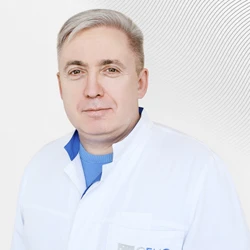Carcinophobia – the fear of cancer and death from it – is currently one of the most common types of obsessive-compulsive disorder. In the most difficult cases, the help of a psychiatric specialist is required. Is everyone who worries about their health a carcinophobe?
For the second year, the world community has been rocked by gossip columns: a year ago, Angelina Jolie decided to have a mastectomy after discovering a high risk of hereditary predisposition to breast and ovarian cancer, recently it became known that the actress is planning an operation to remove her ovaries for the same reasons.
Can fear lead a person to an annual checkup?
The statement that a malignant disease diagnosed at an early stage has a significantly higher chance of a complete cure is a truism. For some types of cancer, in particular breast cancer and ovarian cancer, there are genetic tests that reveal a hereditary predisposition. Both types of cancer are often caused by mutations in the BRCA1 and BRCA2 genes, which can be inherited from both the female and male line. If one parent has the mutation, the risk of breast cancer in their children ranges from 40 to 80%, and ovarian cancer ranges from 25 to 54%. For women whose families have been diagnosed with breast or ovarian cancer, it is important to know if they have an increased risk of developing these diseases in order to prevent their occurrence or diagnose them at an early stage. All you need to do is donate blood.
Angelina Jolie, whose mother died of breast cancer at the age of 56, used such a laboratory study. In the near future, the actress plans to have her ovaries removed. However, before the operation, Angelina is going to freeze her own germ cells in order to preserve the possibility of having children in the future.
Preservation of fertile function in women who require removal of reproductive organs or undergo chemotherapy or radiation therapy is the subject of special attention of EMC specialists. The programInstitute of Oncology, implemented jointly withThe Clinic of Reproductive and Prenatal Medicine allows you to preserve biological material by deep freezing – sperm and eggs – for its subsequent use at the end of treatment. The material that is not exposed to external influences is stored for an unlimited amount of time, and patients can return to the issue of procreation after a few years. To do this, the reproductive therapist, together with the oncologist, draws up a calendar of planned treatment and sampling, which is especially important in the case of female cells, when a long period of preparation for egg production is required, associated with hormone-containing drugs. Then the eggs are cryopreserved, or their fertilization and cryopreservation of the embryos obtained as a result of fertilization, which can also be stored for an unlimited amount of time. EMC patients can also learn about their genetic predisposition to breast or ovarian cancer.
Was this information helpful?
Questions and answers
Ask a Question





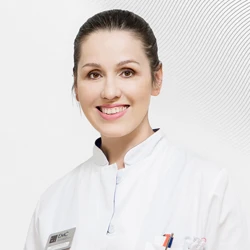
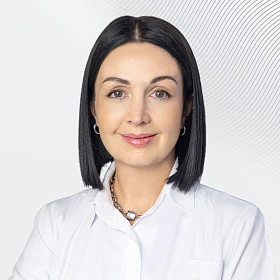
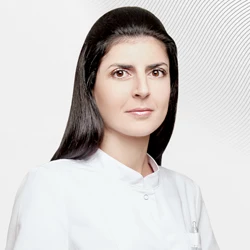
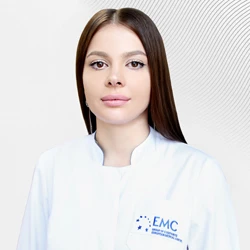
.webp)
